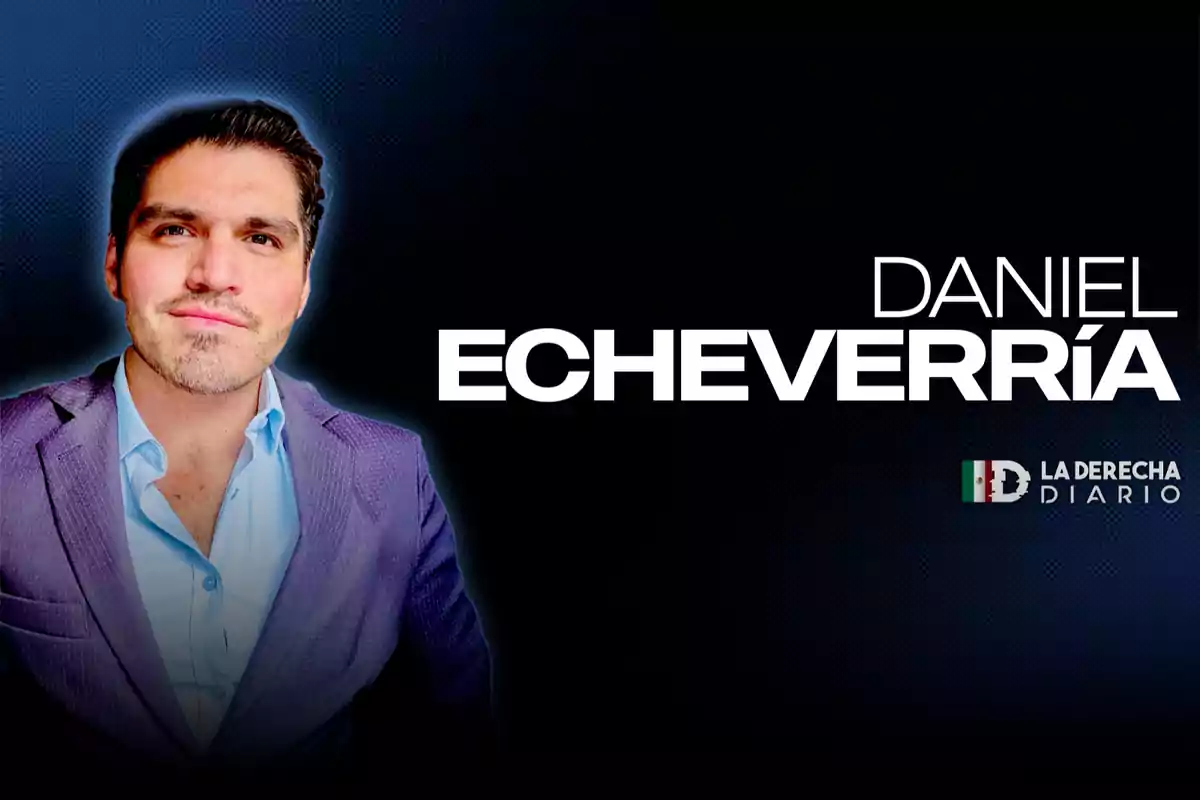
Sheinbaum vs Zedillo: State harassment to hide the failure
The president responds with disqualifications to Zedillo's remarks on judicial reform and authoritarianism
The reaction of President Claudia Sheinbaum to Ernesto Zedillo's criticism not only confirms a harmful trend of Obradorism: the ideological current of the president, who still can't establish the era of Sheinbaumism. Faced with solid arguments, Sheinbaum chooses the easiest and most despicable path: personal disdain, automatic disqualification, deliberate evasion, paying for media propaganda. Because she can't, or doesn't want to, confront the facts with ideas. Because, simply, she has nothing to back her up.
Zedillo, who has his lights and shadows among FOBAPROA, Acteal, and the triumph of technocracy in pre-millennium Mexico, was a president who faced one of the worst economic crises in recent history with responsibility and results: far from popularity, because governing well doesn't always go hand in hand with it. Mexicans don't eat approval ratings. He stabilized the country. He promoted the autonomy of the Bank of Mexico. He advanced the democratic transition with the creation of the autonomous IFE and allowed alternation in 2000, without resorting to the presidential finger or the state apparatus. He left with dignity and without trans-sexennial ambitions to one of the most influential academic cloisters in the West and the world: Harvard. Unlike López Obrador and now Sheinbaum, Zedillo did not need to hide behind a victim narrative or an army of propagandists to justify his administration.
That's precisely why it bothers so much. Because he speaks from experience. Because he points out, with precision, the real risk posed by the judicial reform: the controlled demolition of the separation of powers. Because he dares to call things by their name. "Constitutional coup," he calls it. And he's right. The imposition of a legislative majority with shady methods, followed by a reform that subjects the Judiciary to the whim of the Executive, is the manual of a tyranny dressed in legal garb.
What does Sheinbaum respond? State harassment of those who think differently. Or worse: "Zedillo has no moral authority." The favorite phrase of those who can't refute a single line of the argument they face. The president hides behind easy discredit because she can't show results or direction. Unlike Zedillo, who received a country in ruins and left it standing, Sheinbaum inherits a country with weakened institutions, soaring violence, and a president who shattered the checks and balances. What can she boast about? Militarization? Dismantling the INAI? Collapse of the health system? The only clear legacy she receives is the propaganda apparatus.
That's why she needs the shield of disqualification. Because if a real debate were opened, she would be exposed. Because if her project is compared to Zedillo's, the difference is abysmal: one governed with the Constitution in hand; the other seems willing to trample it to avoid displeasing her predecessor.
Zedillo, on the other hand, doesn't shy away from discussion. He proposes. He suggests a way out: suspend the implementation of the judicial reform, open a period of national deliberation, rebuild the foundations of democratic balance. And he goes even further: he suggests recovering transparency, reinstating the INAI, closely reviewing López Obrador's legacy. What does Sheinbaum say? What does the National Palace say? They only repeat the old mantra: "He who criticizes, lies. He who dissents, betrays."
But this time it won't be enough. Because the country is no longer the same. Because Mexican democracy—so fragile, so battered—can't afford another six years of submission. Because there are those, like Zedillo, who are still willing to fight from reason.
Sheinbaum has two paths: open the door to dialogue or become, without excuses, the administrator of an authoritarian regime. Let her choose now. Silence, this time, only confirms the fear.
More posts: